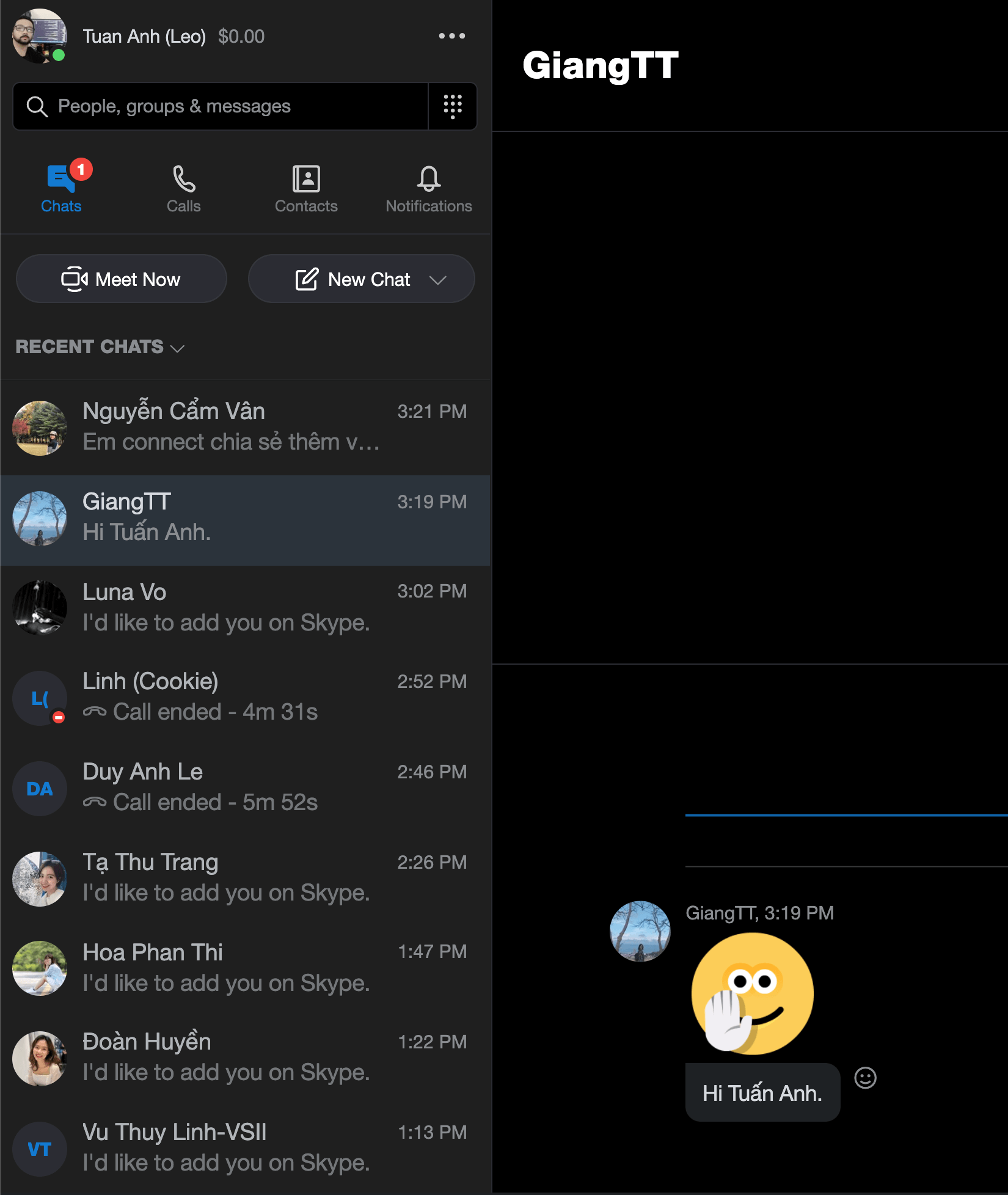[Part 1] How should developers look for a new job - Building a profile
- Published on
- /6 mins read/...
You might already not know, but I recently switched companies and am now working at Cốc Cốc. After two months of probation, I’m now a full-time employee

To get this opportunity, I went through quite a few interviews, both good and bad. In this post, I want to share with you how to prepare your profile and interview to land a good job
From what I see, the demand for IT jobs is currently very high. The shortage of manpower will continue for a long time, so as long as you have above-average programming skills, you can easily find many positions with decent salaries compared to other industries—without relying on connections or relationships.
So, how can a developer find the job they want ?
TIP
The answer lies in how you prepare your profile!
Writing a CV
Your CV is the minimum but extremely important document to get a job. If you don’t have one, just google software developer/software engineer CV template, and you’ll find many templates to refer to. However, choose a template that’s not too flashy—simple, clear layout, easy to read is all you need...
How should you write your CV?
Do's
Your CV should include all the necessary content for recruiters. I believe the two most important sections are skills and working experience. List all the skills you have (remember to only include what you actually know, no bluffing because it’ll be embarrassing when you can’t answer questions about them ). Working experience should include the projects you’ve worked on in previous companies, or even university projects or large assignments.
What did you do? What role did you take? What were your accomplishments?...
Organize the content in your CV logically. Skills and Working Experience are the most important sections, so place them at the top. Other sections like education, achievements, side projects, or hobbies should go at the bottom because they don’t get as much attention. I include them just to make the CV look nicer.
Additional info like academic scores, achievements in competitions, or recommendations from ex-seniors/ex-leaders is also an advantage (though I don’t have any ).
If you’re comfortable, it’s best to write your CV in English. I think this is a big plus for developers since English is really important in this field.
Don'ts
Don’t list all the technologies you’ve come across—only include what you’ve actually worked with and have experience in. If you don’t understand a skill you’ve listed in your CV, you won’t be able to answer when asked by the recruiter.
Don’t add unnecessary information: Social media accounts like Facebook or Instagram shouldn’t be included as they are irrelevant and can even seem unprofessional to recruiters. Stick to professional profiles like Github, LinkedIn, or work-related contacts like Skype or Telegram...
If you include a photo, avoid casual pictures. Choose a professional one, or you can even skip the photo entirely. People care if you can do the job, not if you’re good-looking or not (except maybe your spouse ).
HTML:
CSS:
JavaScript:
Progress bars or rankings to show off levels of skill are nonsense, never use them!
If you don’t want to write it yourself, you can use CV generator tools, but I recommend writing it on your own so it’s easier to customize as you like.
Finding Opportunities
Once your profile is ready, it’s time to hit the job market!
Job platforms are the easiest place to find opportunities. Create an account on some major platforms like:
For English platforms:
Make sure to fill out your profile, upload your CV, and list the jobs you’re interested in. You can enable notifications or subscribe to receive job updates via email.
You’ll have recruiters reaching out to you every day in no time.

Personal Experience
Personally, I find LinkedIn to be the most important. Make sure to have a good, complete profile here (you can even export a CV from your LinkedIn profile or import it to other platforms).
Connect with as many people in the industry as possible: developers, recruiters, sales... Expanding your network will give you more opportunities.
Enable the Open for Opportunity setting so recruiters can find you easily (but turn it off once you have a job because recruiters can spam messages and calls a lot).
To be more proactive, you can post on LinkedIn like I did.

LinkedIn is really effective at connecting devs and recruiters.


Then you’ll get tons of messages and calls from recruiters across all platforms.



My advice is to ask recruiters for the Job Description (JD) first. Read it carefully to see if it matches your skills and whether the job offers the challenges and technologies you want to work with.
Next, ask for the salary range for that position at the company. If it’s high reasonable, go ahead and apply.
If you get the JD but don’t think it’s a good fit, reply to the recruiter. After all, they’ve made the effort to provide you with the information

The JD I received (there are many more )
You see, just by preparing a good profile and promoting yourself a little, you’ll have tons of opportunities coming your way.
I hope after this part, those who are considering a job change will polish their profile to get more opportunities. In the next part, I’ll share about the interview process, choosing companies, salary negotiation, and finally starting the job!
